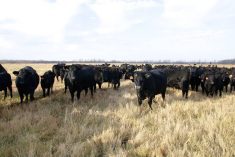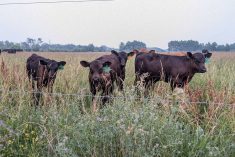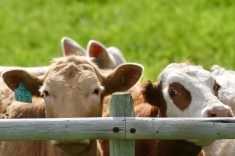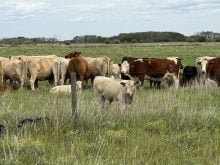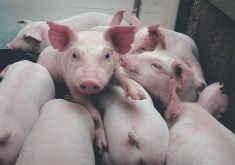Canada has applied for negligible risk status at the OIE, the world animal health organization, and could obtain it 18 years after the first case of BSE devastated the beef industry.
Canadian Cattlemen’s Association general manager David Moss told the Saskatchewan Stock Growers Association’s annual general meeting that the application was submitted before the July 31 deadline thanks to a joint effort with the federal government.
“We anticipate a recommendation will be provided by OIE in March 2021 and the final announcement on the decision by May 2021,” he said.
Read Also
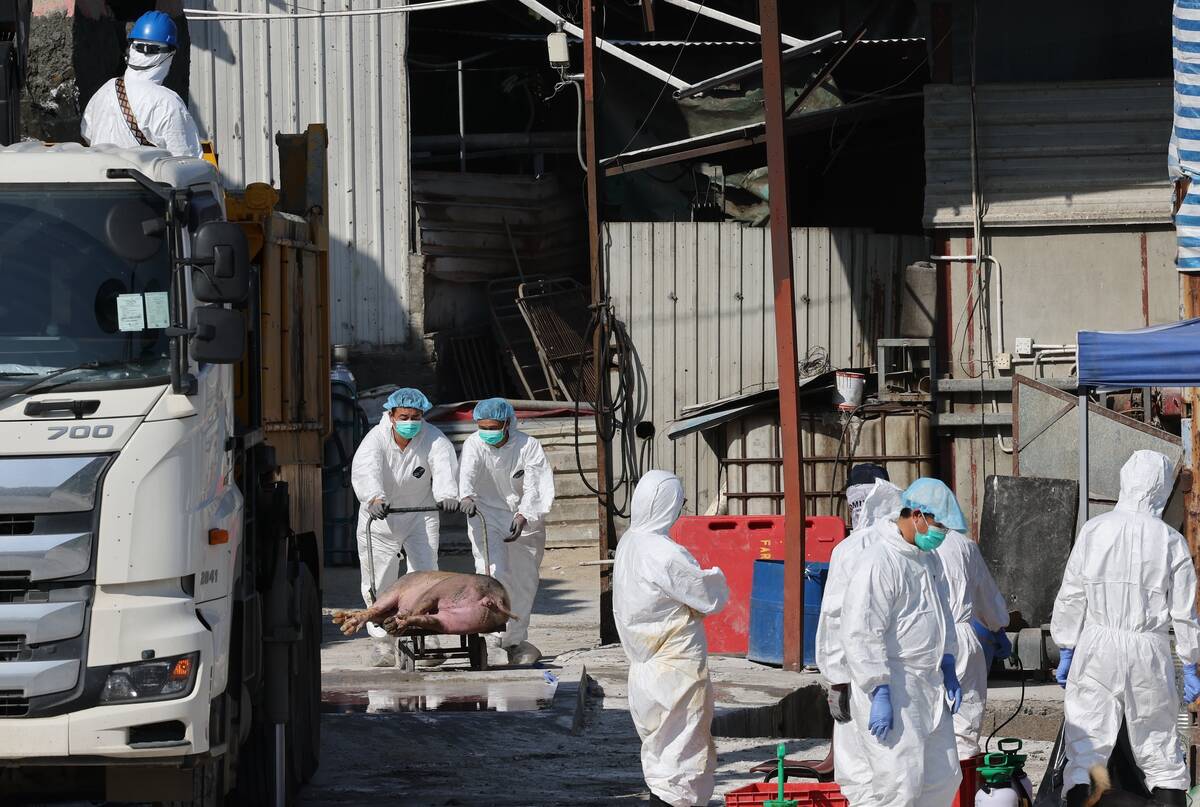
Mixed results on new African swine fever vaccine
The new African swine fever vaccine still has issues, but also gave researchers insight into how virus strain impacts protection against the deadly pig disease.
Moving to negligible risk would open the doors for more Canadian beef to enter countries like South Korea and the European Union.
“It also allows us to have a conversation around specified risk material,” Moss said.
The current requirements to remove SRM from carcasses because of the positive BSE cases were developed in 2003 and amended in 2007.
Moss said Canada should be able to move to a short list similar to its competitors.
In a pre-budget submission to the federal government, the CCA said Canada should review its protocol “to better align with current science and international guidelines.”
CCA said Canada is at a significant competitive disadvantage in the international marketplace because of its costly SRM removal protocol and has lost regional processing capacity because of it.
It costs at least $40 per head to remove the current SRM material from carcasses of cattle older than 30 months.
Moss said a SRM Review Task Force kickoff meeting is scheduled for later this month. It will also be a joint effort with the government and broad industry representation, he said.




